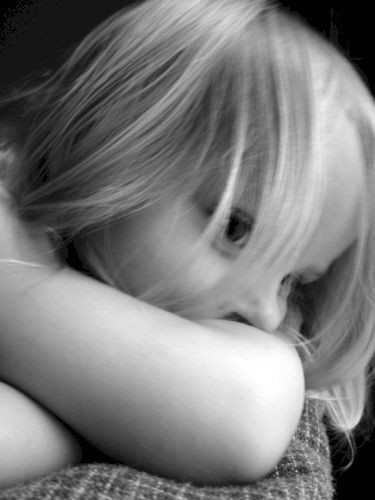Abuse Can Lead to Cancer Later in Life

While general statistics display 30 percent of children who were abused, later abuse their own children, a new study suggests that children who are abused are more likely to develop cancer in adulthood.
Conducted by Kenneth Ferraro, professor of sociology and director of Purdue’s Center on Aging and the Life Course, this study suggests children who were often emotionally or physically abused by their parents has an increased chance of developing cancer in adulthood. Additionally there was a significant link when fathers abused their sons and mothers abused their daughters.
The research was based off a data that comprised of 2,101 adults in two waves of the National Survey of Midlife Development in the United States. This survey revealed that men who endure higher levels of stress in turn have a higher link to cancer compared to women. A following examination observed the association between abuse and parents. Participants were asked if they were once abused, but abuse was defined by the survey by how often one’s parent insulted them, used profanity, threw something at them, kicked, bit or hit them with a fist, choked them, or burned or scalded them. The participants were also asked to identify how many times these incidents occurred.
Though Ferraro and his team believe the study was underrepresented because many children who were abused where either fatally injured or killed, incarcerated or placed in a mental institution, he still remains firm that these groups of people would have endured severe effects from the abuse.
Patricia Morton, a graduate student at Purdue’s Center on Aging and the Life Course who assisted Ferraro, said "The connection between negative childhood events and mental health is accepted, and these findings reinforce that such events can also have a long-lasting effect on a person's physical health, it's shocking just how much the damage sticks, and it is a reminder that childhood, which is defined by rapidly changing biological systems, is a sensitive period of development."
This study was funded by the National Institute of Aging and published in the Journal of Aging and Health.



























